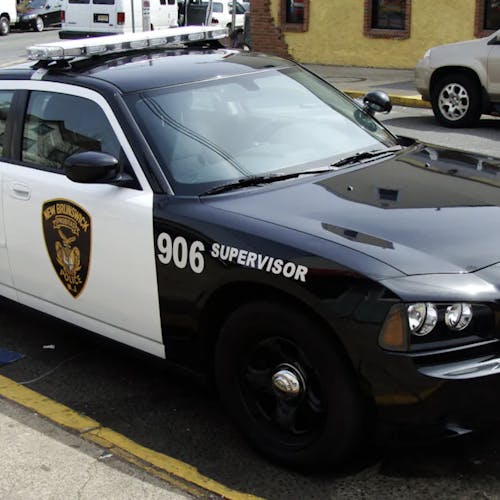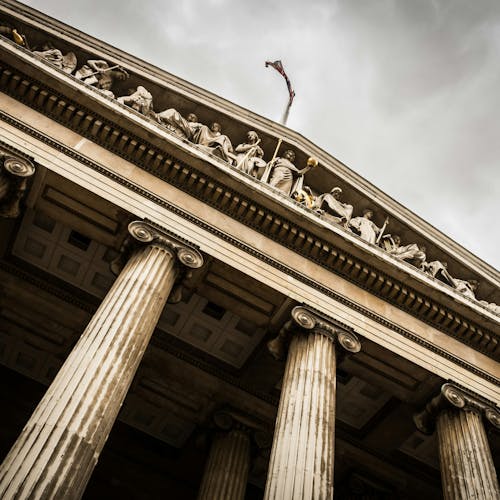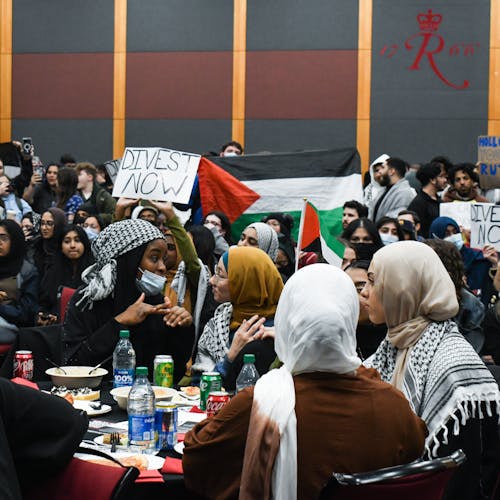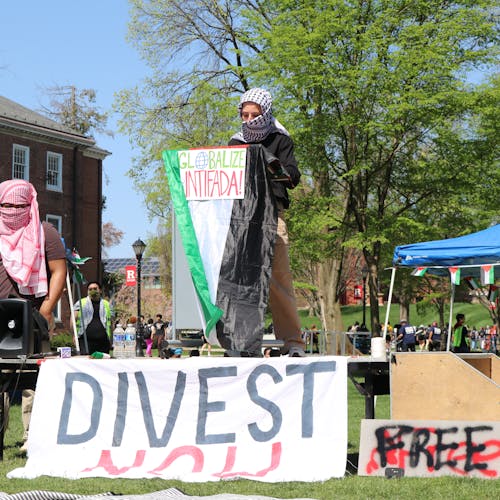Alumna shares taxi drivers’ trials
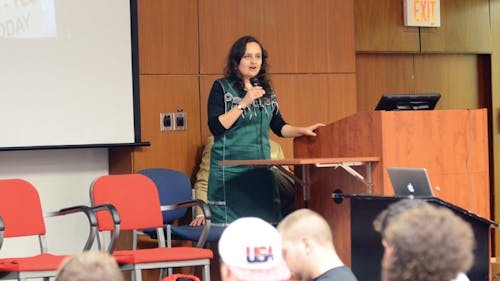
A taxi driver picked up a passenger on a Sunday night. As he loaded his passenger’s luggage into the trunk of the cab, an SUV struck him.
His left leg was amputated, but he was eligible for disability, said Bhairavi Desai, co-founder and executive director of the New York Taxi Workers Alliance, last night in the Labor Education Center on Douglass campus.
Desai, a University alumna, co-founded the NYTWA to organize taxi drivers in New York City through media, political and grassroots campaigning with the people to drive their issues to light.
After 16-and-a-half years of organizing, the union won the fight to give drivers a living-wage increase, raising their pay about 40 percent, she said.
The union was also able to send additional money directly to the drivers, she said.
Desai said the union members usually ask her for things like bathrooms — or toilet paper for the bathroom — in dispatch waiting rooms and receipts for how much money the driver earns per shift, she said.
“So much I learned about community and fighting for change and, you know, walking that walk, comes from [the University],” Desai said.
Desai emigrated from India in 1979 and grew up in a small New Jersey town. Her mom was a factory worker, and her father worked in a bodega.
Even as a child, Desai knew that if her mom worked for a union, she would get medical care if she were injured on the job, she said.
Desai said she always understood women as a class, and they were the first class she felt allegiance to.
Immigrant women of color did not get due respect, Desai said. She was not interested in joining a movement where she would not be respected, she said.
After graduating with a degree in women’s and gender studies, she entered the industry in 1996 shortly after graduating college and began approaching drivers about organizing. The union now has more than 15,000 members, she said.
“It was the graciousness of taxi drivers to engage me in conversation to want to organize, to want to unionize,” she said.
Though union members are from 100 different countries, they all speak the same language, she said.
Desai said more New York City taxi drivers are independent contractors than before, paying money out of pocket every day to rent a taxicab and a medallion, the serial number on top of cabs that shows the vehicle is operating with a city-issued permit.
Workers begin each day in the red and have to pay the company back before taking home any profit, so they bear the brunt of the industry when times are hard, she said.
“It’s a story that doesn’t get told,” she said.
Desai said drivers whose houses were destroyed or who were unable to get to work because of Hurricane Sandy were still responsible for paying the lease on a car that was sitting in the lot.
“We’ve had members who’ve had to pay $80 just to fuel up for their shift. The bosses are able to take all [their] expenses and put them on the backs of the drivers,” she said, adding that drivers have to pay for fuel out of pocket.
After Sept. 11, people slashed tires on taxicabs and targeted immigrant drivers because they looked different, but even before, violence toward taxi drivers was common, she said.
“I’ve been organizing in this industry for 17 years,” she said. “I’ve never had a year where I didn’t have to go to a funeral or an emergency room.”
Of all the taxi drivers in New York, 94 percent are immigrants, she said.
Immigrant workers dominate the top 10 most dangerous and top 10 lowest paying jobs in the country, she said.
Taxi drivers are 30 times more likely to be killed on the job, but there is no special initiative to protect taxi drivers in New York City, she said.
Unless the alliance tries to change these facts, these conditions could begin to affect other industries, Desai said.
“If you really want to raise up the ceiling, you have to raise up the floor,” she said.
Desai said the alliance is fighting to get a sticker placed on taxis declaring fines and imprisonment for assaulting the driver, but has met resistance from taxi companies and government officials.
“It’s just a sticker and you’d think, what’s the big deal? It’s just a damn sticker,” she said.
The anti-violence sticker aims to protect workers, but resisters claim the alliance does not do enough to protect them, she said.
“Essentially, the idea of safety, the idea that someone should be protected … shouldn’t be a political issue,” she said. “What should matter is that a crime occurred.”
Working people are the engine of the U.S. economy, making it the richest country in the world, Desai said.
Though it only gets talked about after disasters like Hurricane Sandy, poor people show resilience every day of their lives, Desai said.
“If you believe in justice you fight for it wherever you are,” she said. “The battleground is beneath your feet.”
Emily Najjar, a School of Arts and Sciences junior, said Desai’s message opened her eyes to the overrepresentation of immigrant workers as stealing jobs.
Najjar said she had been ignorant to the number of assaults on taxi drivers.
“That was pretty disappointing to hear,” she said. “It’s pretty scary, actually.”
Abena Busia, chair of the Department of Women’s and Gender Studies, said it is empowering to see how Desai managed to organize a male-dominated industry.
Busia said it was striking how Desai illustrated working conditions. She said no one considers how leasing affects drivers’ incomes or how long their shift has been when they get into a taxi.
“I confess, I haven’t thought about it to that degree,” Busia said.
She said Desai has the passion to make a change and brilliantly highlighted the compassion of men to accept her into the industry as a path to social justice.
“I think a lot of us learned to see the world differently [tonight],” Busia said.
